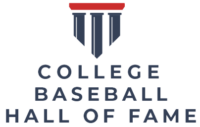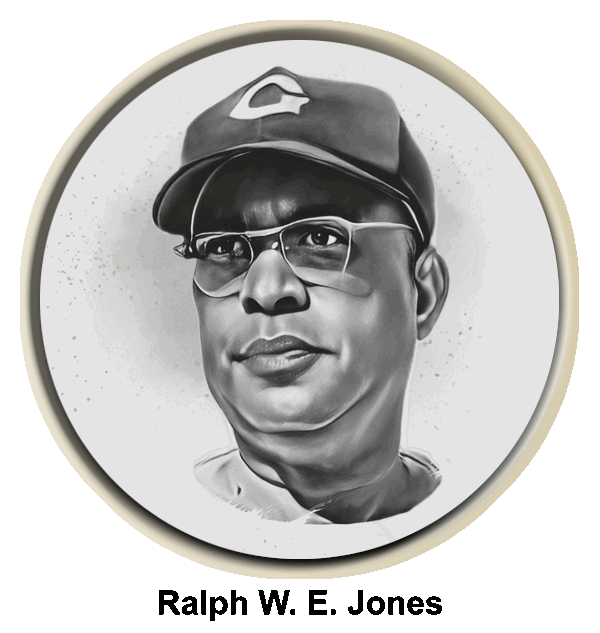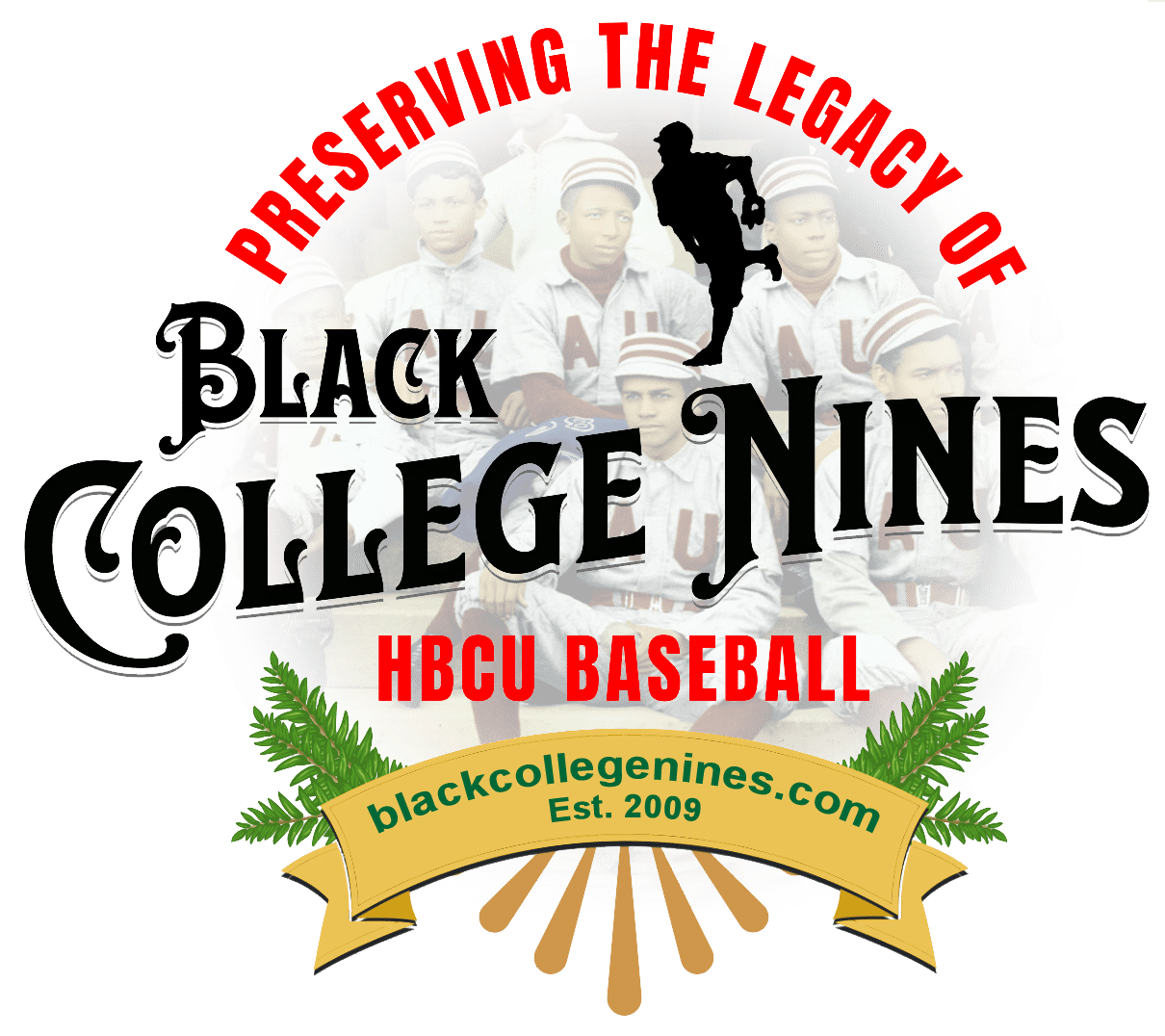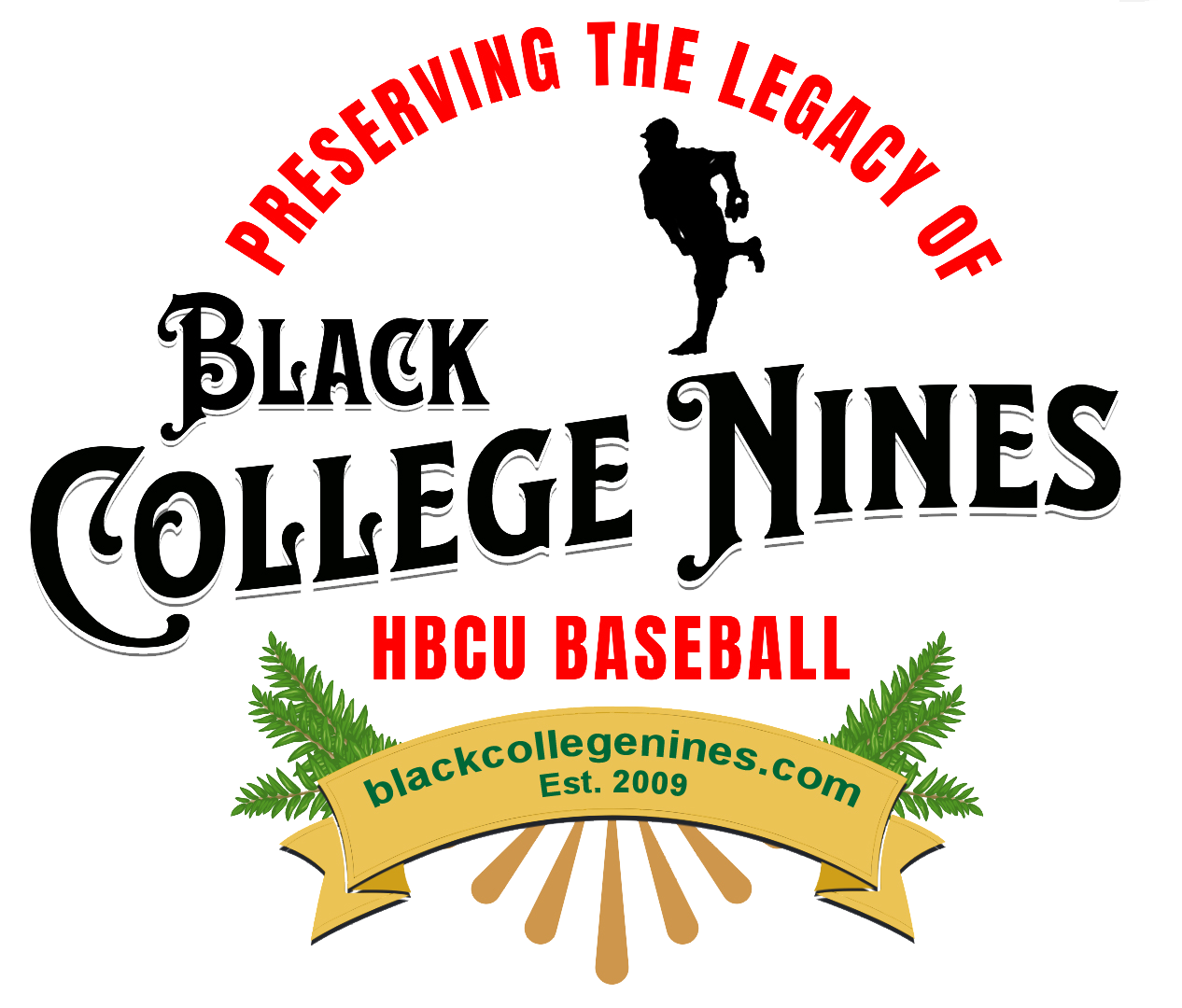 Jim Bouton, in his seminal 1970 book Ball Four, described a conversation he had with one of his major league teammates walking across the outfield grass. Bouton was reminiscing how as a little boy he thought how exciting it would be to run out on the field across that beautiful green grass, and now as a major leaguer, “sometimes, I forget to tingle.”
Jim Bouton, in his seminal 1970 book Ball Four, described a conversation he had with one of his major league teammates walking across the outfield grass. Bouton was reminiscing how as a little boy he thought how exciting it would be to run out on the field across that beautiful green grass, and now as a major leaguer, “sometimes, I forget to tingle.”
There was no danger of that for me Wednesday morning as I walked into the Montgomery Riverwalk Stadium. From the original train station architecture to the eccentric curves and angles of the outfield wall to the beautifully manicured field, the stadium is full of treats for any baseball aficionado. Outside of coaching, I spent much of my four days at Riverwalk Stadium exploring it’s unique atmosphere. I discovered signage inside the 1st base concourse detailing the history of the stadium and its players, I enjoyed some of the suites and open-air venues that gave a great view of the field, and I explored the bowels of the stadium where the hitting area, locker rooms and umpires room are located.
Our season to this point had been filled with ups and downs. We had experienced our share of close wins and losses, historic blowout victories and puzzlingly lopsided losses. Several players had set new individual records, and we had come tantalizingly close to fulfilling our potential but had not yet reached a consistent high level of performance. Our SIAC tournament appearance had been brief, with a close loss to Miles followed by an elimination game loss to Tuskegee, sending us home with an 0-2 mark.
The Tyson Foods Black College World Series represented one final chance for us to prove ourselves. We began the tournament with a 12-2 loss to SIAC rival Albany State, a score which didn’t reflect how close it was on the scoreboard until the end. Brady Bibbs started on the mound and pitched effectively enough for us to only be trailing 4-2 in the bottom of the 7th inning. Almost as quickly as you could say the word “collapse,” our defense began making mistakes and playing tentatively. Albany State Head Coach Scot Hemmings is one of the best at getting the most out of his offense and ASU came through with timely hits to end the game with an embarrassing 8-run 7th inning to end the game by the mercy rule.
To put it lightly, I challenged the team’s heart and effort in our meeting back at the hotel. I was disappointed, frustrated and angry with our lack of a good hitting approach throughout the game and the numerous mental mistakes which hastened our late-inning collapse. Coupled with our SIAC elimination loss to Tuskegee, we had lost our last two games by a combined 28-5 score, and it looked like we were in for more of the same against Bluefield State, the defending HBCU World Series champions. I returned to the ballpark later that afternoon to watch other first-round games and soak up some of the ambiance of Riverwalk Stadium as we faced the prospect of another 0-2 tournament appearance to close out the season.
I also spoke with my wife Tricia, about what to do next. She allowed me to vent and commiserated with me as I expressed my disappointment with not being able to inspire our team to its fullest potential and offered her suggestions on how to reach them. Tricia is the best kind of coaches wife in that she loves my players like I do and is invested in their success as well. We both agreed a good night’s sleep might help me and the players feel better going into the following night’s game.
I woke up the next night still unsure of how to approach that night’s game. I kept replaying the previous night’s loss over and over, thinking about what we should have done better. The solution didn’t come to me in a “hit you over the head with a frying pan” moment, but gradually throughout the morning. When I stepped on the bus that afternoon to address them on the way to the ballpark, I reminded them of my challenge to them about their effort, but also expressed my disappointment in myself for leaving them yesterday with my complaints about their efforts without offering a solution.
In our program, we tell our players we don’t want to hear a complaint unless they can also offer a potential solution to that complaint. I described the examples from the Albany State game that reflected a lack of heart and focus, the times we didn’t communicate defensively, players being out of position and our hitters not having a good approach at the plate. I discussed the need for them to think about their body language and how to be a source of confidence for their teammates, the need to support each other when someone made a mistake and to remember to stay in the moment instead of being focused on past failures or what would happen in the future if they didn’t execute in a specific situation.
I’ve learned in my coaching career that it’s good practice to deliver a pep talk right before your ace takes his turn on the mound or during a game when the middle of your lineup is coming to the plate. Good players tend to make their coaches look good, and Dashawn Hureskin didn’t disappoint on the mound against Bluefield State. He pitched 7 1/3 innings while striking out 11 hitters and Mike Pedraza came on to get the save as we got enough timely hitting to win 5-2 to advance to a Friday rematch with Albany State.
I knew the following game would be an even bigger challenge because two of our top pitchers were not able to make the trip due to soreness and fatigue. We turned to Jalen Anderson to start against the Golden Rams, unsure of what to expect. Jalen had battled injuries since the fall, his performances had been inconsistent, and he had not thrown significant innings in the prior three weeks. We settled in for that morning’s game cautiously optimistic he could at least get us through a couple of innings before we had to turn it over to our relief corps.
The first hitter of the game hit a chopper to the left of the mound toward the open area between the first and second basemen. It was the kind of hit you just knew was going to land in a perfect spot and result in a disheartening base hit to lead off the game, letting you know that it just wasn’t going to be your day. Instead, Jalen came flying off the mound to cut off that ground ball to flip it to Boo Thompson at 1st base for the first out of the inning. My assistant, Coach Jacob Lagos and I turned to each other with a knowing look of surprise that maybe things were starting to go our way.
Jalen spun four scoreless innings to start the game before tiring and giving way to Josh Graves in the fifth. We gave up three runs that inning, but still felt like we were close enough on the scoreboard to have a chance. The Albany State pitcher, Brady Davis, was giving us fits and we didn’t have any success against him in seven innings, and took a 3-0 deficit into the top of the 8th inning. Albany finally turned to a reliever in the 8th, and we managed to scratch out a run to make it 3-1 and lift our spirits a little as we looked forward to making a comeback in the 9th inning.
By this time, our top reliever, Mike Pedraza was on the mound and shutting down the Albany hitters when a moment of disaster struck. With two outs, Albany State hitter Zane Ross lined a harmless single to right field, sending it rolling towards Antonio Chambers. Antonio is truly one of the special stories in our program this year, going from a seldom-used backup outfielder, to becoming our starting right fielder and one of three players to break the single season RBI record. Unfortunately, in trying to make the play too fast, the ball rolled under his glove to the right-field fence and the Ross raced around the bases to score and extend the lead to 4-1.
We proceeded to get the next out and the players returned to the dugout with a different mentality than the first time against Albany State. I heard players encouraging each other and reminding Antonio he would possibly be coming to the plate that inning and to be ready to help us win. Sure enough, in the span of six hitters, Antonio was coming to the plate with the bases loaded and one out with us trailing 4-3. He hit a chopper between the shortstop and third baseman and hustled down the line for a game-tying single. Unfortunately, we were unable to take the lead and headed to the bottom of the 9th hoping to send the game to extra innings.
Mike Pedraza continued to deliver in his role as our closer, throwing scoreless frames in the 9th, 10th and 11th innings as we struggled to get anything going against the Albany state reliever. Finally, the top of the 12th inning, our first baseman Boo Thompson turned on an inside pitch, sending a solo homerun over the left field wall, sending our hopes soaring with it and giving us a 5-4 lead. Pedraza finished with another scoreless inning in the 12th, and we headed to a matchup that night against fellow SIAC rival Miles College for the HBCU World Series Division 2 backet championship.
I selected Dylan Compton to start the bracket championship game that night against Miles. He had only thrown part of an inning against Albany State the day before, and I figured he would be rested enough to give us 3-4 innings before we needed to turn it over to the rest of our bullpen. Amazingly, Dylan pitched into the sixth inning, throwing over 100 pitches, and even more amazingly we scored ten runs in the first three innings, highlighted by a 3-run double by Antonio Chambers. Miles mounted a comeback to cut into our lead, but Parker White and Josh Graves combined in relief to cap off our 12-7 win and Division 2 Bracket Championship.
The postgame celebration was a little bittersweet because of our camaraderie with so many of the Miles players. We had played four competitive games with them already this year, and coach Ty Roberts and I have developed a mutual respect that has carried over to our players. It was difficult to see Miles seniors like Jacob Bisharat, James Bitner, Matthew McDonald and many others end their careers, but the postgame celebration with our players was something to behold. A season’s worth of frustrations and doubt disappeared into euphoria as our players hugged and laughed and took pictures with the championship trophy.
That night after the celebration on the field, I was given access to one of the suites to watch some of the following game between Edward Waters and Florida Memorial. I called Tricia and my son Joshua to share in the good news with them and was eventually joined by Michael Coker in the suite. Michael is the driving force behind the HBCU World Series, and he and I have shared many late night phone calls discussing my program, the state of HBCU baseball and his vision for a postseason tournament to celebrate our programs. He and I were both in a reflective mood as we discussed his efforts in getting this tournament started in 2021, and his aspirations for helping the tournament grow even more successful in the near future. I finally left the suite around 11:30 PM that night to return to the hotel, still unsure of who we would play between Edward Waters and Florida Memorial.
Saturday morning dawned bright and full of promise. We were slated to play Edward Waters at 5:00 PM, and would also meet before the game with John Tyson, Chairman of Tyson Foods; and Eric Musselman, head basketball coach at the University of Arkansas. The morning was a mixture of excitement about that night’s game and melancholy at realizing just how close I was to coaching this specific group of players for the last time. One thing I didn’t feel was nervous. I was confident we would come out and play hard, and even though our pitching was on short rest, I believed we had enough on the mound to keep us in the game.
That afternoon was relaxed when we arrived at the ballpark early for batting practice. We gathered in the third base dugout after hitting to meet with Mr. Tyson and Coach Musselman and hear their words of advice and to take pictures with them. Both men were gracious and generous with their time and our players truly enjoyed their visit. I had a few minutes alone with Coach Musselman to share coaching philosophies and background stories, and even though I’m a UK basketball fan at heart, I’ll root for Coach Musselman and the University of Arkansas too.
It’s interesting to watch athletes prepare for competition. Some spend their time sending last-minute messages to friends and families or watching TikTok videos, others listen to music and meditate, and still others can’t sit still and run around doing drills to keep busy. For me, it was making sure I reviewed all the possible combinations of moves I might have to make during the game on the mound or with our lineup. What if Brady Bibbs struggled early on the mound and I had to make an early pitching change? What if Jared Pierce’s knee acted up and I needed to move Roby Schank from designated hitter to catcher? What if Byron Famble’s knee limited his mobility and I had to move Parker White to second base? I sent off one final text to Tricia and settled in for the introductions of the teams and the pregame singing of the national anthem and “Lift Every Voice and Sing.”
As we gathered for one final meeting before the first pitch, I reminded the players to stay in the moment. It’s easy in a championship game to look ahead to what tomorrow brings if you win or lose. For our seniors, it comes with the added reality of not being able to put off “real life” any longer. I asked them to look up in the stands at all the people who had come to enjoy the privilege of watching them compete and to play with joy and confidence. My final reminder was the importance of the uniform they were wearing. Their superpower was not going to be their ability to always throw harder or run faster, but the big heart they were going to play with, because that’s a huge part of the expectation that comes with being a KSU Thorobred.
I won’t bore you with too many details of the game itself, other than to say as competition goes, it was an instant classic. Brady Bibbs was a bulldog on the mound, giving up three runs in five innings to a talented EWC lineup and Dashawn Hureskin came on in relief for four innings of hitless, scoreless relief. Normally, only giving up three runs would put us in position to win, but the Tiger pitching and defense held our offense to only two runs. Their back-to-back diving catches in the outfield in the 7th inning and turning a double play in the 8th inning with the bases loaded and one out helped them to a hard-fought 3-2 victory.
I’ll never forget when Collier Higgs’s final fly ball soared to right field, not deep enough to be a threat for an extra base hit and how I wanted the ball to just stay up there and not come down, and I wanted that moment preserved in time. It was a near-perfect confluence of events. A large crowd had gathered to watch a competitive game in a beautiful venue between two teams full of respect for each other and I wasn’t ready for it to end. When the fly ball settled into EWC right-fielder Keilen Washington’s glove, pandemonium broke loose with the Edward Waters players sprinting to the mound in celebration and the enormity of the loss settling in for our players.
Tears flowed unashamedly for me and our players. For anyone who has ever questioned why athletes sometimes cry after a challenging loss, it’s not about the loss on the scoreboard. It’s about the loss of so many other special things, and the end that it represents. It’s the end of the long bus rides where so many jokes were told and stories shared, the long practices and the times we had to work on the field to prepare it for games, the thrill of watching teammates perform to the highest of their abilities and the disappointment when they fell short of expectations.
We don’t talk much about our team being a family during the year. I read an article about Jack Clark, the highly successful rugby coach at the University of California that shaped my view on programs that automatically view themselves as a family. A family is based on unconditional love and an acceptance of each other no matter what. An athletic program is different in that you must meet specified conditions to be a member of a team, and if you don’t meet those standards, you can be suspended or dismissed. It’s a noble cause to want your program to be a family, but the reality is that players and coaches come and go all the time, and it’s often a transient process.
When we met in the outfield after the postgame celebration and the hugs of congratulations for EWC coach Reginald Johnson II and his players, the first thing I talked to my players about was how this group of young men had come together to become a family. We had shared a common experience that had brought us closer together and they had met all the conditions necessary to know they could always reach out to me or one another for support in whatever good times and bad that life might bring. Each player shared their thoughts and memories long after most fans had left the stadium and only the families were remaining, then we made the long walk up the steps to the concourse for one last bus ride back to the hotel.
I took a few minutes for myself sitting in the bullpen looking at the nearly full moon looking down on the stadium reflecting on just what this week had meant to me and our program. For four glorious games, our players had become their best versions of themselves as athletes and men. They stared down adversity, supported one another no matter the circumstances, and embodied the best that team sports have to offer. Anyone can work hard and be in a good mood when things are going well, it takes someone with toughness and fortitude to keep fighting when it feels like things are going against them. Our ballclub did that in battling back from losing the first game to winning three in a row to win the bracket championship and advance to the overall championship game against Edward Waters.
One other loss that final game represented is the loss of how Montgomery embraced us as one of their own. I would be remiss in my tournament recap if I didn’t take a moment to recognize so many people in Montgomery who made this week special. AD Drew stayed on top of the game and event schedules, Gavin King was everywhere making sure meal and hotel arrangements were addressed, we had meals served to us from a couple of the local churches, the Montgomery Chamber of Commerce provided a literacy class for our team, and we toured the Civil Rights Museum as a reminder of our country’s struggles and triumphs in recognizing all citizens and their civil rights. The hotel staff at the Wingate and the Riverwalk Stadium workers genuinely accommodated us and made our stay pleasant as well.
I referenced the book Ball Four and the excitement Jim Bouton described at walking across a major league field. For me, the excitement of walking on a baseball field is related more to what Teddy Roosevelt said in his speech, “The Man in the Arena.”
It is not the critic who counts; not the man who points out how the strong
man stumbles, or where the doer of deeds could have done them better.
The credit belongs to the man who is actually in the arena, whose face
is marred by dust and sweat and blood…who knows great enthusiasms,
the great devotions; who spends himself in a worthy cause; who at the
best knows in the end the triumph of high achievement, and who at the
worst, if he fails, at least fails while daring greatly, so that his place will
never be with those cold and timid souls who know neither victory nor defeat.
Each day and each game brings an opportunity for greatness in our young men’s lives. Moments that might not mean much in the grand scheme of things in this world but can mean everything to a man finding his place; moments that ultimately teach him to be a better teammate, friend, husband, father, coworker and any other role he may satisfy in life.
So thank you to Jalen Anderson, Brady Bibbs, Antonio Chambers, Dylan Compton, John Michael Etheridge, Byron Famble, Tavon Gibbs, Josh Graves, Collier Higgs, Dashawn Hureskin, Aram Kumar, Daniel Moore, Michael Pedraza, Jared Pierce, Kelton Saylor, Roby Schank, Jacob Thomas, Boo Thompson, Keyshawn White and Parker White for taking me on a tremendous ride this week. Thank you also to the players who couldn’t make it to Montgomery in Marshall Chapman, John Higdon, Dom Lawson, Brandon Love, Johnathan Morris, and Solomon Reed. Our success this year would not have been possible without you as well. Thank you to Kalia Barnett and Mandy Flaig, our athletic trainers; and our bus drivers Cheryl Porter, Jimbo Davis and Dion Washington for getting us back and forth safely. Also, thank you to Acting President Clara Ross Stamps and so many people at Kentucky State who made this trip and so many other special events possible for our team this year.
One final note of appreciation must be extended to Michael Coker of Black College Nines. He has worked tirelessly to bring this vision to life, and he has donated countless hours to secure sponsorships, a venue, a community, and a championship to celebrate HBCU baseball. We at HBCU programs face unique challenges and it’s men like Michael who help provide solutions to the complaints we may have. To Mr. Coker, thank you and God bless you for sharing so much joy with me and everyone associated with the 2022 Tyson Foods Black College World Series!
Editor’s Note.. this is the first in a series of posts submitted by Kentucky State University head coach, Rob Henry primarily centering on his take on HBCU baseball issues.





































